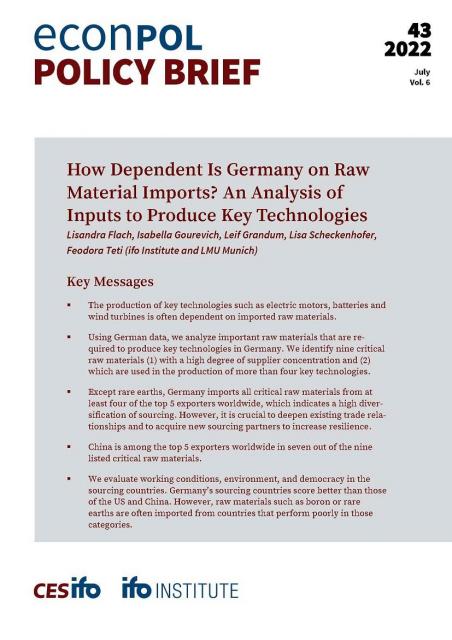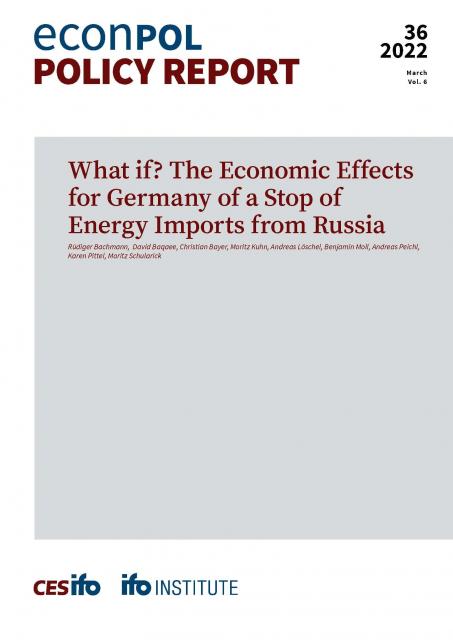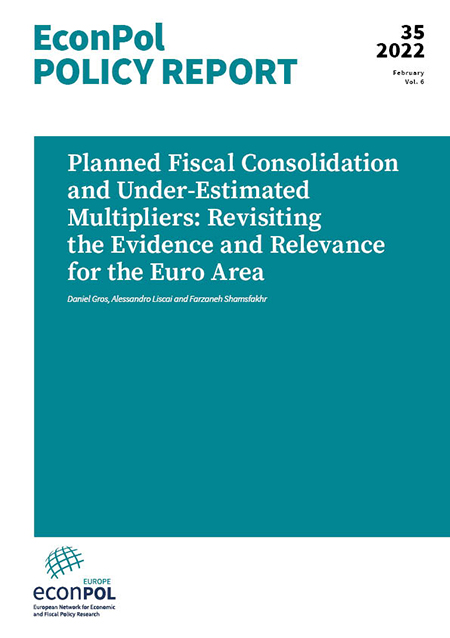
Energy, Climate Change & Environment
Both the threat posed by global warming and Russia’s aggression on the EU’s doorstep have placed energy security and energy use top of the agenda—without taking the eyes out of the ball regarding environmental preservation. This overarching topic covers the challenges posed by securing energy supplies, lowering greenhouse gas emissions, boosting the transition to renewable and sustainable energy sources, and devising mitigation and adaptation strategies to cope with climate change.


